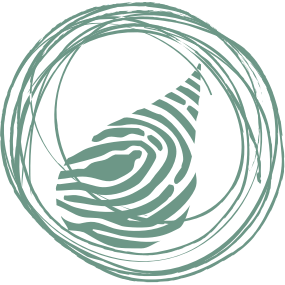The newest strain of rabbit calicivirus to Australia, known as the Korean variant (RHDV1 K5), is set to be released across the Wheatbelt again this autumn in an effort to control pest rabbit numbers. RHDV1 and its associated strains affect both wild and domestic European rabbits. The disease is acute and highly contagious with no cure. Therefore it is vital that all pet rabbits are immunised against RHDV1 with the Cylap® vaccine prior to the release.
The Australian Veterinary Association (AVA) recommends vaccinating rabbits against RHDV1 as follows:
- Kittens: 4, 8, 12 weeks of age, then 6 monthly for life
- Adults: 2 vaccinations 1 month apart, then 6 monthly for life
- Contact your local veterinarian for advice on vaccination
In addition to vaccination, the following precautions may assist in minimising the risk of infection:
- If possible, keep pet rabbit indoors, at least until they can be vaccinated and your vet advises it is now safe for them to be outside.
- Prevent direct and indirect contact between domestic and wild rabbits. Rabbit-proof backyards to prevent access by pest rabbits.
- Regularly decontaminate hutches, bowls etc. with either 10% bleach or 10% sodium hydroxide.
- Limit contact between and handling of unfamiliar pet rabbits.
- Avoid cutting grass and feeding it to pet rabbits if there is the risk of contamination from wild rabbits.
- Decontaminate hands, shoes and clothing after handling rabbits other than your own.
- Good insect control (especially for fleas and flies) is vitally important. Insect control should include insect proofing the hutch or keeping the rabbits indoors.
- Remove uneaten food on a daily basis.
- Infected rabbits should be isolated and any dead rabbits should be disposed of in a manner than will minimise environmental contamination. Contact your local vet for more information.
For more information on the history of biocontrol for rabbits and the new strain of calicivirus: See Rabbit Biocontrol


